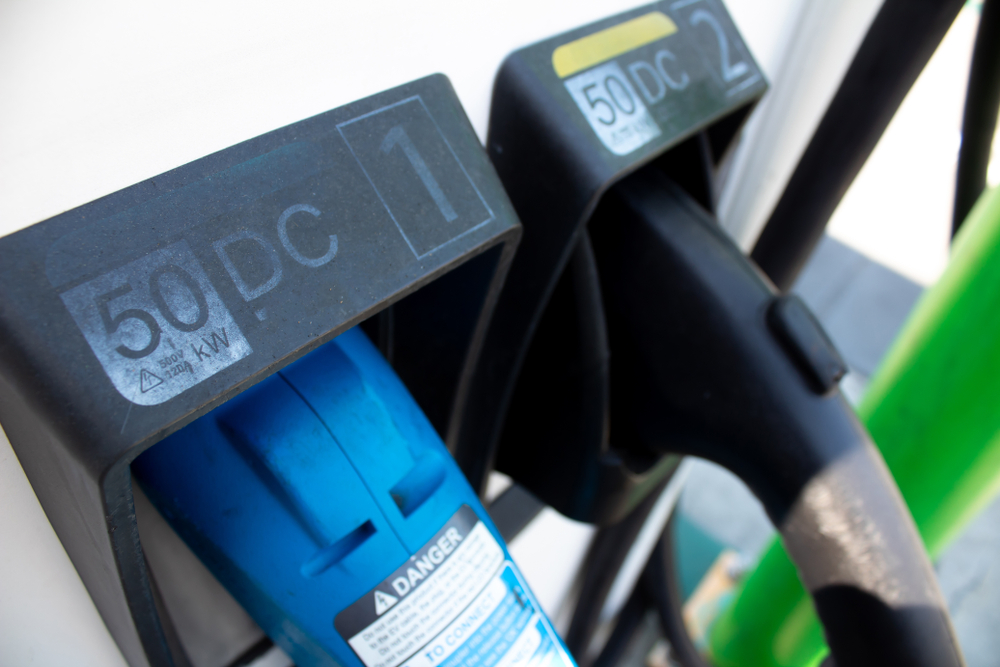
Owner-operators, freight carriers, and others in the trucking industry have overwhelmingly indicated they are willing to do their part to further reduce carbon emissions. The American Trucking Associations touts the sector’s success by citing a 98 percent reduction during the last three decades.
But adopting zero-emission power units appears to be proving a bridge too far. A recent Wall Street Journal report highlights the struggles of companies such as Ryder, Penske, and Daimler Truck North America in the EV truck niche.
The leadership teams at Ryder reportedly listened to what their customers wanted, which was EV trucks. Handling more than a quarter of a million trucks and vans, Ryder’s clients were champing at the bit to transition over to electric big rigs. With the federal government investing heavily in recharging stations and the EPA advancing more stringent emissions regulations, the day of the battery-electric semi-truck appeared to be at hand. However, the cost of operating these environmentally sustainable vehicles has decision-makers tapping the brakes.
“The economics just don’t work for most companies,” Robert Sanchez, the chief executive of Ryder, reportedly said. “What surprised us was the magnitude of the gap.”
Ryder discovered that integrating light-duty EVs resulted in costs ticking up by a few percentage points. Larger and heavier battery electrics saw a significantly larger operating cost difference emerge. Reports indicate that Ryder’s annual operating cost disparity between diesel and electric trucks doubled. Cost continues to rank among the critical issues undercutting the transition away from diesel to battery-electric rigs.
Pilot programs such as the one underway at Penske Truck Leasing uncovered a variety of unexpected operating costs. Due to large batteries, electric semis are considerably heavier than their diesel counterparts. As a result, Penske found out that truck tires wear out faster, and replacement parts are more expensive. The truck leasing operation also agreed with Ryder’s findings that overall operating costs are substantially higher. An official at Penske noted that customers are still interested in converting to battery-electric trucks. They prefer to wait until costs decline.
California and the EPA have put forward mandates that manufacturers must sell a greater number of zero-emission vehicles by 2030. That puts companies such as Daimler Truck North America in a tight spot.
“Quite frankly, demand has not been as strong as what we would like,” Rakesh Aneja, head of eMobility at Daimler Truck North America, reportedly said.
Sources:











Leave a Comment